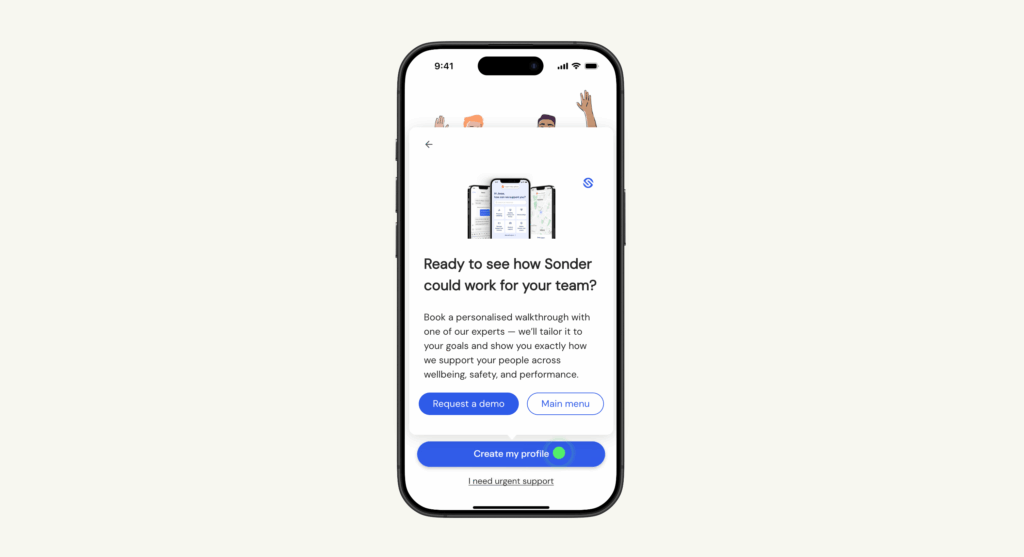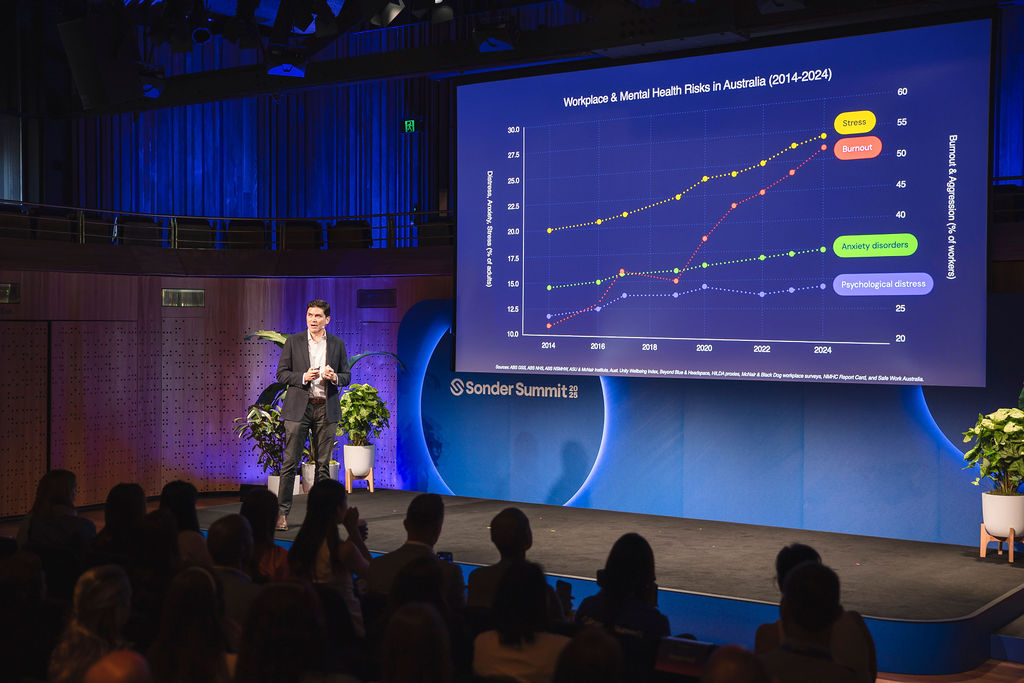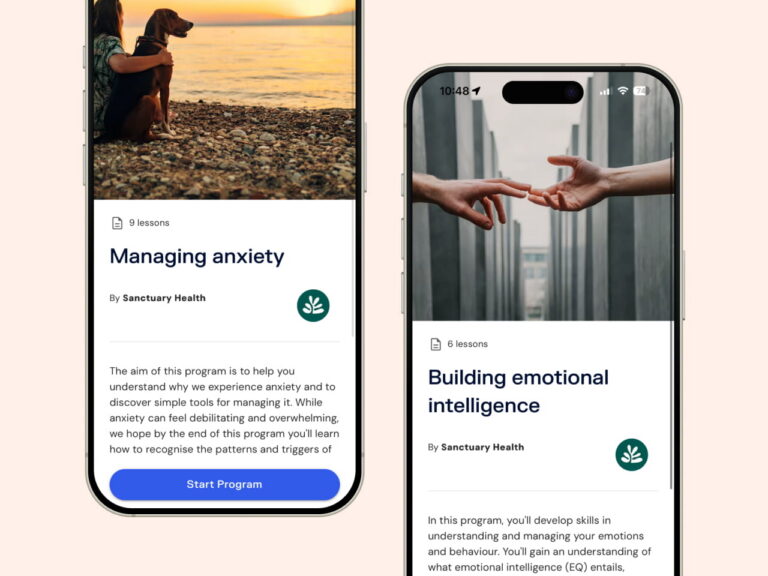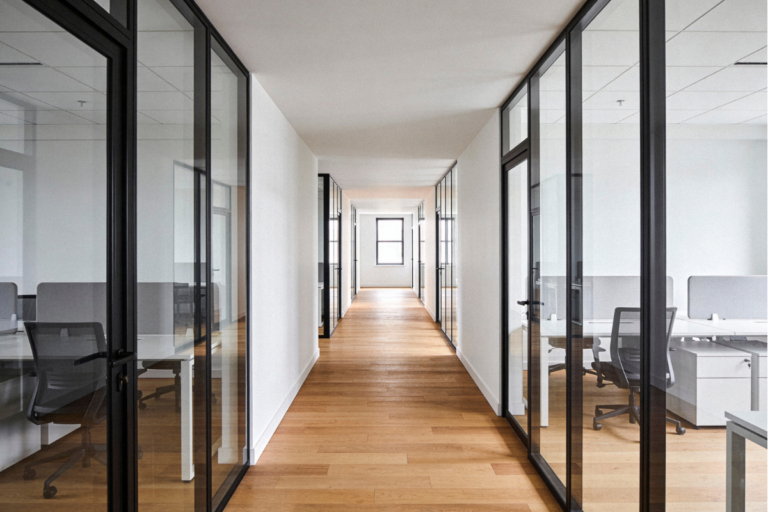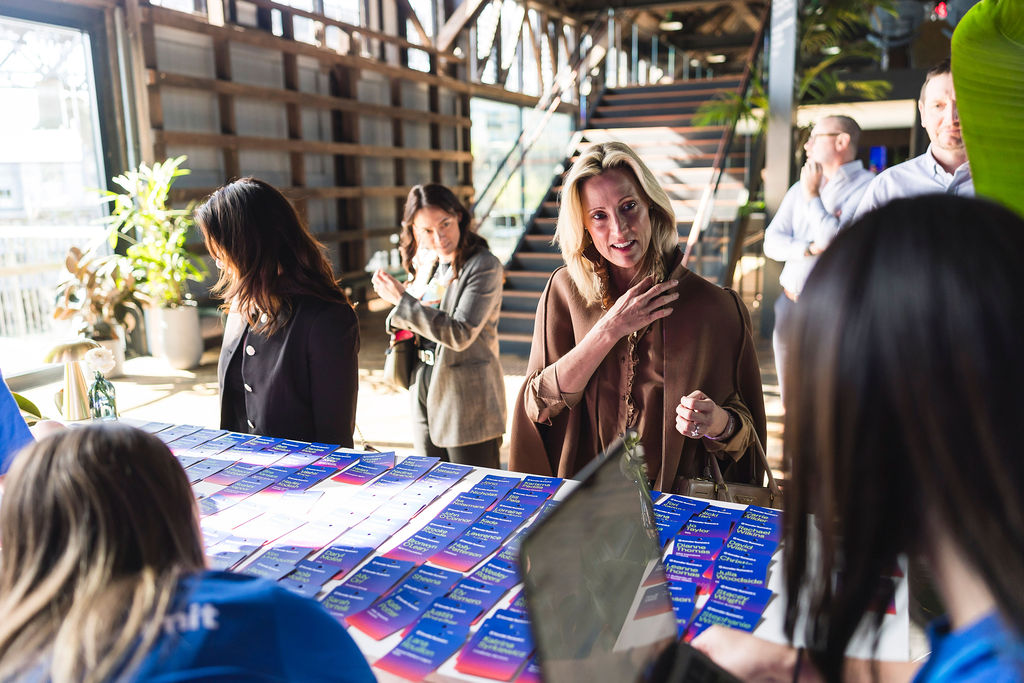
The inaugural Sonder Summit, held on 18 September at Sydney’s ACO on the Pier, brought together over 1,000 online viewers and over 200 in person leaders from across Australia and New Zealand to spark new, essential conversations. This event explored a fundamental shift in workplace health, safety and wellbeing—from reactive, compliance-driven approaches to genuinely proactive and human-centred leadership.
Amid rising levels of burnout and broader global uncertainty, speakers and panellists made a powerful case that leading with care, as one leader noted, is “not a soft skill but a strategic imperative for organisational survival and sustained high performance.” The summit invited health, safety and risk leaders (who are navigating increasing complexity in their roles) to find support, share insights, and leave both reassured and better equipped for the growing needs of their people.
As Sonder Summit host and MC, Jamila Rizvi, Deputy Managing Director of Future Women, observed, the solutions to today’s challenges “are not always obvious,” underscoring the value of honest discussion and community.
The alarming rise of burnout and psychosocial risk
Craig Cowdrey, Sonder’s Co-founder and CEO, set a clear and urgent tone by sharing data on workplace mental health. He described a “curve” of mental ill-health “on a relentless upward trajectory,” singling out burnout as a critical, growing concern with rates “looking like Mount Everest.” These facts grounded the day’s discussions, highlighting why moving from a passive to an active approach matters. Cowdrey also noted that the cost of mental ill-health and reduced workforce participation reaches “approximately $39 billion a year in Australia,” and that psychological injuries now make up a fast-growing and long-lasting share of compensation claims.
He challenged participants to rethink traditional, reactive systems of care—those that often “tick a box of a base level compliance requirement”—and described how a focus on early intervention and personalised care can make a real difference. Drawing on his own experience, Cowdrey shared a story from his time in the military, where bullying left him feeling “alone” and “isolated” despite his training and rank. The turning point was support that empowered him to take action: “Resilience isn’t about just putting up with hardship… it’s about having the structures and the supports in place… to be able to be stronger on the other side.”
"How we empower a team member is not to step in and take over and make the decisions for them, do it for them. It's actually to give them the tools to do it themselves."
CEO and Cofounder at Sonder
Jamila Rizvi, opening the day, offered her own perspective on care at work by describing her diagnosis with a rare brain tumour eight years ago and then facing a subsequent adrenal crisis. She reminded the audience that challenges are often invisible, and that workplaces must value and express genuine care. As she put it, “We burn out because we hit overwhelm, from overwork, from a lack of clarity, from shifting and unfair expectations, from a sense of isolation, and from poor leadership. We burn out because we stop feeling seen, heard, valued at work.”
Sonder’s keynote didn’t just reveal the risk facing organisations, it addressed urgent need for more preventative, early-intervention care. Steven Read, Sonder’s Chief Product and Technology Officer unveiled two new product features aimed at just that. The first, Absence Assist, will provide greater insight into unplanned leave for leadership, as well as providing tailored support and ‘get well soon’ plans for the affected individual. The second, Team Safe, enables team members to take safety into their own hands whilst on shift, providing greater assurance to managers about their location and wellbeing.
Culture as the foundation for performance
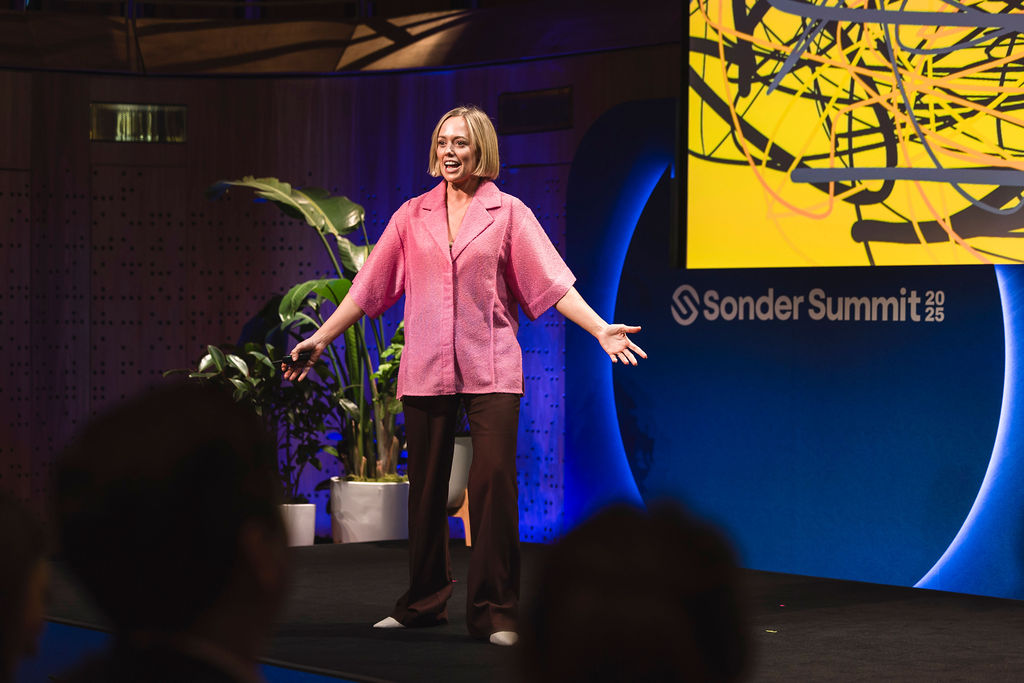
Culture emerged as a central focus, described by speakers as the prerequisite for truly high performance. Shelley Johnson, Founder & Leadership Coach at Boldside, began with a statement that struck many as both honest and confronting: “Culture is the good behaviour you celebrate and the bad behaviour you tolerate.”
Johnson urged attendees to move beyond assumptions that culture is static or inherited. She used the analogy of a cargo ship put on autopilot which unfortunately hit a reef to remind us that, without deliberate leadership, “teams don’t drift towards health, they drift towards toxicity.” Her practical model outlined three essentials for healthy, high-performing teams:
- High trust: Created when leaders’ promises and practices align.
- High clarity: Giving teams a clear “scoreboard” so they know if they’re winning or losing, without the illusion of certainty.
- High expectations: Rooted in the belief that people can and will rise to challenges, given the right tools and support.
"Culture is the good behaviour you celebrate and the bad behaviour you tolerate."
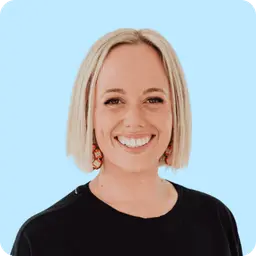
Boldside
This approach is backed by research: Johnson cited a meta-analysis showing that positive interactions and high expectations from managers can drive a “30-35% uptick” in employee performance. Jamila Rizvi added, “Workplace culture… is not static. It’s an amorphous thing. Culture is made and then it’s made over by different leaders and different team members.”
Moving beyond compliance to practical risk management
Practical tools and strategies were a strong theme across expert panels. Mark Oostergo, a workplace psychologist and founder of Australian Psychological Services, hosted a session with legal expert Cilla Robinson (King & Wood Mallesons). Robinson addressed psychosocial risk: regulators, she said, are no longer content to educate, but now take “enforcement action all over the place.” She pointed to a recent University of Technology Sydney case, where a workforce restructure was paused by SafeWork NSW over inadequate psychosocial risk assessment.
Panel conversations acknowledged that “too often we see just a tick box approach to consultation.” The consensus was that changing expectations from the regulator and the courts mean superficial compliance will not be tolerated. Leaders must develop the confidence and capability to address performance and psychosocial issues together, as one panellist put it: “Just because somebody is psychologically uncomfortable doesn’t mean that they’re actually unsafe and we need to be able to upskill and build that capability at being able to differentiate between the two.”
Another panel explored customer aggression and staff safety, with leaders including Jodi Paton from The HOYTS Group and Jane Bourke from Woolworths Group sharing strategies such as virtual reality (VR) training, smart store design and clear zero tolerance policies for aggressive behaviour. Becki Gliddon of BOQ spoke about “designing out triggers” that may unintentionally frustrate customers.
"What we're really focused on is making sure that there are different options… I think ultimately… it's about the team member having empowerment and choice in being able to make sure that the consequence is minimised."
Group Director, Safety, Health and Wellbeing, Woolworths Group
The panel was unanimous that clear policy and empowered staff are essential to ensure people feel supported and more confident. “It’s about giving people the tools and the language… It’s about giving people the skills and the knowledge and the capability to be able to come together and do it together”.
The leader that’s required today
Throughout the summit, it became apparent that meeting the needs of today’s organisations requires a new kind of leader. In a panel moderated by Raechel Gavin, Chief People Officer at Sonder, panelists including Stella Petrou Concha, Kevin Figueiredo, and Chris McHugh discussed what this means in practical terms.
Stella Petrou Concha, CEO, Reo Group & Co-Founder, HiveQ, described self-mastery as the “single non-negotiable leadership skill in today’s environment,” calling it the “anchor point” for all other competencies—from conflict intelligence to accepting feedback. She explained that self-mastery helps leaders move beyond ego and meet disruption head-on. The World Economic Forum, she noted, has identified self-management as a critical future skill.
Kevin Figueiredo, Chief People & Safety Officer, Super Retail Group, spoke of values and purpose, remarking, “90% of people I talk to cannot articulate their values.” His advice was anchored in the CLEAR leadership concept: compassionate, listening, empathetic, accepting and real. “The message for you is to be kind to your people. And if you are someone who doesn’t have people reporting to you, the message for you is be kind to your leaders.”
Chris McHugh, CEO of Allianz Partners Australia, argued for the primacy of self-care and wellbeing as a “fundamental leadership capability.” He shared how his own ability to make sound, empathetic decisions stemmed directly from how he looked after himself daily. “[It’s about] putting people over performance.”
Don’t ignore the productivity paradox
The summit’s final panel session explored the impact of technology, especially AI, on workplace dynamics. Anna Glynn, speaker and author, led a panel including Justin Angsuwat, Chief People Officer at Culture Amp, Amber Johnson, People and Culture Leader at MYOB, and Nell Hardie, Head of People at Heidi Health.
Angsuwat highlighted a striking insight from Culture Amp’s data: “3% of organisations see HR leading their AI strategy,” even though AI is expected to automate the majority of HR tasks by 2030. He introduced the concept of the “productivity paradox,” where advancements in technology, rather than reducing workloads, often lead to increased burnout.
Drawing a parallel to email’s introduction in the 90s, he explained how initial hopes for efficiency turned into email becoming “the work” itself. “AI is going to optimise work,” he said, “but we in this room are going to make that work meaningful, like make it worth doing.” The panel agreed that the challenge for leaders is to ensure AI-generated efficiencies are used to foster “more meaningful, human-centric work,” rather than simply driving higher productivity demands.
“AI is going to make work faster, smarter… more efficient. But if you take the human out of it, it’s going to be much more transactional. Work's going to start to feel really cold—and that's our job [to prevent]."
Chief People Officer at Culture Amp
Amber Johnson shared MYOB’s approach to embedding AI into their workplace, emphasising the importance of mindset, skillset, and toolset. She described their “AI Everyday” program, which includes online learning modules, an AI hub for resources, and a goal for employees to redesign workflows using AI. Johnson highlighted the importance of psychological safety, encouraging employees to share both successes and failures in their AI experiments. This approach, she noted, has fostered curiosity and collaboration, helping teams reimagine their roles and unlock new efficiencies.
Nell Hardie added insights from Heidi Health, where AI is integrated across the employee lifecycle, from drafting job ads to onboarding. She emphasised the importance of using AI to enhance, rather than replace, human interactions, such as maintaining personal touchpoints during hiring. Hardie also noted the transformative potential of AI in creating more sustainable work environments, allowing employees to focus on meaningful tasks and maintain a healthy work-life balance.
The panel concluded with a shared belief: while AI can optimise work, it’s up to leaders to ensure that the resulting efficiencies are used to create more engaging, human-centred workplaces. By fostering connection, curiosity, and care, organisations can ensure that both AI and people thrive together.
What to do when the only constant is change
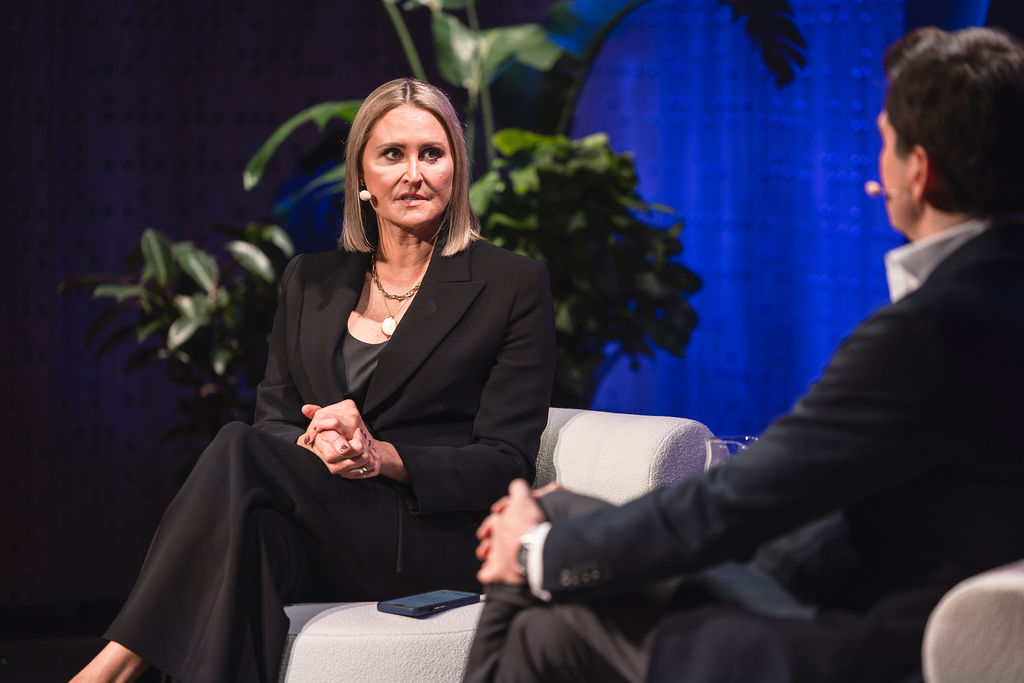
The summit concluded with a fireside chat from Andrea Clarke, Author and Work Futurist. Clarke insisted that empathy is a “hard skill” and the foundation of modern leadership. Breaking trust into “competency, character, and consistency,” she shared that it’s consistency where trust is most often eroded. Clarke’s call to action: stop asking “How do we manage change?” and instead shift to “How do I anticipate it?” Drawing on her own career reinventions, she emphasised the power of foresight in developing personal and team resilience.
“Start asking new questions for a new era. Don't play the same game… start today asking new questions, questions that are fit for purpose for where we're headed.”
Author and Work Futurist, SOON Futures
What were the main takeaways?
Sonder Summit left leaders with a renewed sense of purpose and clarity. To translate these core lessons into day-to-day impact, consider the following practical actions and frameworks:
Move beyond compliance to proactive care
Adopt regular wellbeing check-ins using confidential digital tools, such as pulse surveys or wellbeing apps, to catch early signs of workplace stress. Partner with mental health organisations for training or tap into state programs like SafeWork NSW’s psychosocial risk coaching for small businesses. Adopt and encourage the use of an alternative to traditional Employee Assistance Programs (EAP), such as Sonder, for all staff—not just in crisis.
Culture is the foundation of performance
Implement ongoing “culture audits,” inviting staff feedback on behaviours they see celebrated versus ignored. Try Shelley Johnson’s “explicit instruction” model: set clear expectations, give regular feedback, and identify areas where standards may have unintentionally slipped.
Empathy and self-mastery are core skills
Provide structured development opportunities in emotional intelligence and self-reflection. For example, offer workshops on bias awareness, run guided reflection sessions after high-pressure periods, or introduce peer mentoring to support personal growth. Encourage leaders to use models such as CLEAR (compassionate, listening, empathetic, accepting, real), and destigmatise conversations about setbacks and self-care.
The future of work is a human-AI partnership
Review your processes to identify repetitive or time-consuming tasks that AI could automate, freeing people for more complex and creative work. Start with small pilots—for instance, leveraging AI to triage HR requests or support staff scheduling. Communicate transparently with your team about AI’s role, focusing on the opportunity to deepen human connection and meaning at work, not simply to drive more productivity.
Empowerment over control
Shift team meetings from status updates to joint problem-solving forums, where team members bring challenges and propose solutions. Designate “decision-making champions” for key projects to embed trust and distributed ownership. Develop simple feedback loops—such as end-of-week retrospectives—so staff feel heard and can see how their input shapes decisions. Support teams with up-to-date resources and training, but step back to allow them to take the lead.
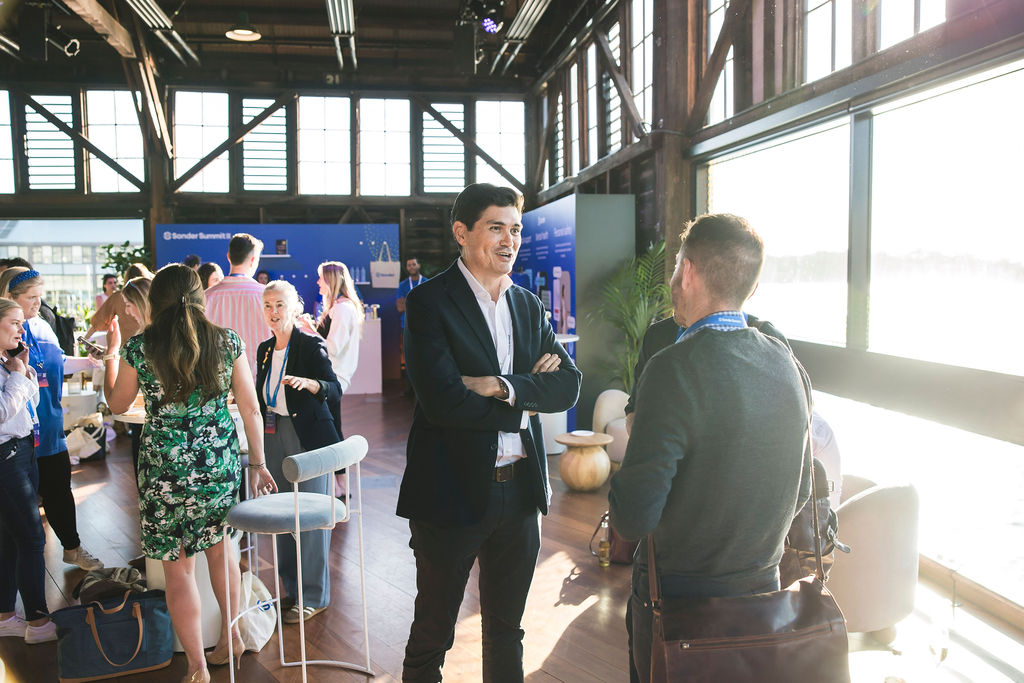
Incorporating these approaches can help leaders foster resilience, connection and clarity; qualities that not only lift organisational performance, but create workplaces where people feel truly seen and supported.
At Sonder, our mission is to empower organisations through proactive, human-centric care solutions that genuinely improve wellbeing and safety. We focus on prevention and early intervention, giving leaders the tools and support they need to address concerns before they become crises.
Through the Sonder app, your people have 24/7 access to medical, mental health and personal safety support, helping your teams navigate challenges and stay well, every step of the way.
We work alongside leaders who want to build healthier, safer and more resilient workplaces by offering more than just compliance.
Find out more about Sonder Summit.
Get started with Sonder today.
